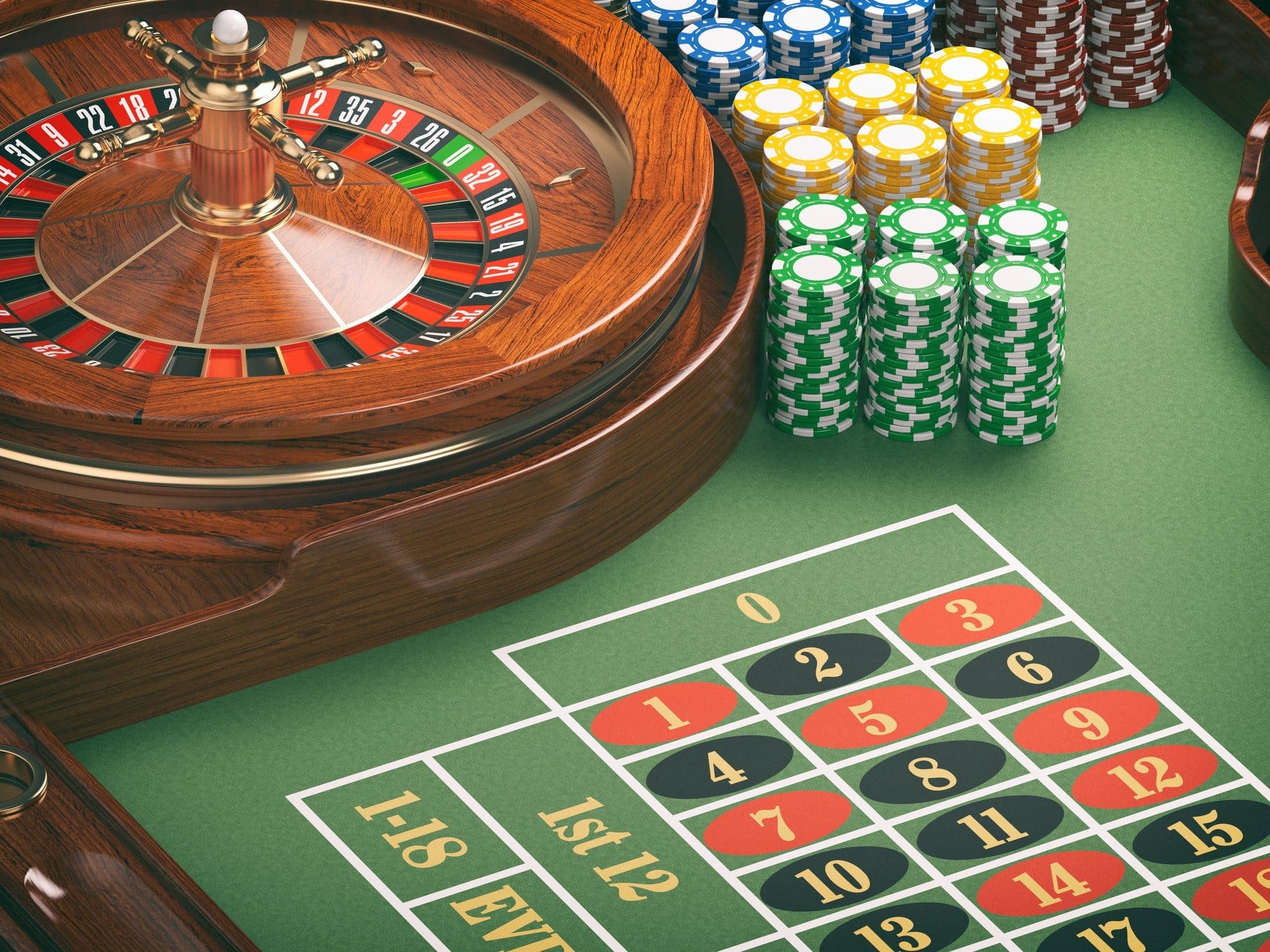
In the lively world of gambling, gambling house games have long enthralled the interest of gamblers around the planet. These games, including traditional table options like Texas Hold’em to the rotating reels of slots, offer an fascinating blend of randomness and skill. While chance undeniably plays a crucial role in determining outcomes, the role of expertise in many gambling activities cannot be neglected. Understanding how skill shapes gameplay can elevate not only a gambler’s enjoyment but also their odds of winning.
As we dig into the inner workings of casino options, it becomes clear that some need a strong grounding of understanding and planning. Activities like poker demand more than simple luck; they require critical thinking, emotional insight, and tactical decision-making. In opposition, other games, such as roulette and slot machines, are primarily based on randomness, allowing gamblers to rely solely on luck. This distinction raises fascinating questions about what truly drives success in the realm of gambling and how a gambler’s abilities can tilt the balance in their benefit.
Comprehending Expertise versus Chance within Gambling Activities
In the realm of casino games, the debate between skill and luck is a long-standing one. Numerous games are frequently divided into two groups: those that depend predominantly on randomness, such as slots and roulette, and those where skill plays a crucial role, like poker and 21. The difference is important because it influences not only gameplay strategies but also the approach players take when participating with these games. Although luck can play a critical role in the short term, skilled players can boost their chances of winning over the extended period in skill-based games.
Skill-based games, particularly poker, demand players to understand probability, psychology, and game strategies. A seasoned poker player can read opponents, make calculated bets, and understand when to fold, all of which can lead to more favorable outcomes. Conversely, in games that are purely chance-driven, no amount of skill can alter the odds. This implies that although a player may win big in one session, their success may frequently be at the mercy to the vagaries of chance results rather than any strategic expertise.
Ultimately, both skill and luck coexist in the world of casino games, creating a dynamic environment for players. While games of chance can provide excitement and instant gratification, proficiency and strategy in skill-based games offer a richer level of engagement for those willing to dedicate time in honing their craft. This interaction between skill and luck defines the experiences of players and shapes their relationship with the games they choose to play.
The Impact of Skill on Game Outcomes
In the realm of gambling games, ability plays a crucial role in determining the results, especially in games where tactics and decision-making are essential. For example, in poker, players must examine rivals, calculate probabilities, and make calculated bets to maximize their chances of succeeding. Unlike games that depend purely on luck, such as slots or roulette, this game demands an understanding of both the rules and the psychology of other participants, making expertise a critical component of victory.
Other skill-based games, like the game of blackjack, also underscore the importance of player expertise. Knowledge of basic tactics, card counting, and when to hit or stand can dramatically influence the house edge. A skilled blackjack player can lower this edge and boost their odds of winning over time. This contrasts with activities that do not allow for such tactical play, demonstrating how the level of expertise influences the potential for favorable results.
Additionally, even within games deemed primarily chance-driven, like the game of craps, the choices made by gamblers can influence their overall success. Choosing the optimal bets, understanding the odds of different outcomes, and managing one’s bankroll are essential aspects that can enhance a player’s experience and results. Thus, while luck remains a factor in casino games, skill can substantially influence how efficiently players navigate these environments, leading to more favorable outcomes.
Strategies for Skillful Play in Casinos
To succeed in casino games, players must develop a robust understanding of the rules and probabilities involved in every game. This essential knowledge enables individuals to make informed decisions, especially in skill-based games like poker and 21. Getting familiar oneself with game strategies, such as keeping track of cards in blackjack or recognizing wagering trends in poker, can significantly enhance a player’s odds of success. Rehearsing these strategies through simulations or low-risk games allows players to refine their skills without putting substantial amounts of cash at stake.
A further key approach is budgeting. Players should set a budget before entering the gaming establishment and follow it rigorously. This involves deciding how much they are prepared to lose and setting limits on how much they will wager in each session. By keeping a controlled approach to spending, players can prolong their play and reduce the risk of major losses. Additionally, taking breaks can help maintain a clear head and prevent impulsive decisions that often lead to bad gameplay.
Ultimately, managing emotions is crucial in the intense environment of a casino. Players must learn to manage their emotions, particularly during times of winning or defeats runs. Staying focused and not allowing emotions dictate gameplay can lead to more sound decisions. Methods such as taking deep breaths or stepping away from the table during intense moments can help keep composure. By cultivating a balanced mindset, players can approach gambling games with confidence and expertise, ultimately improving their complete experience and results. situs toto

